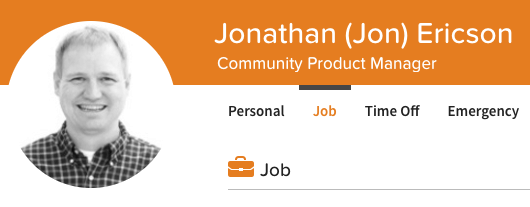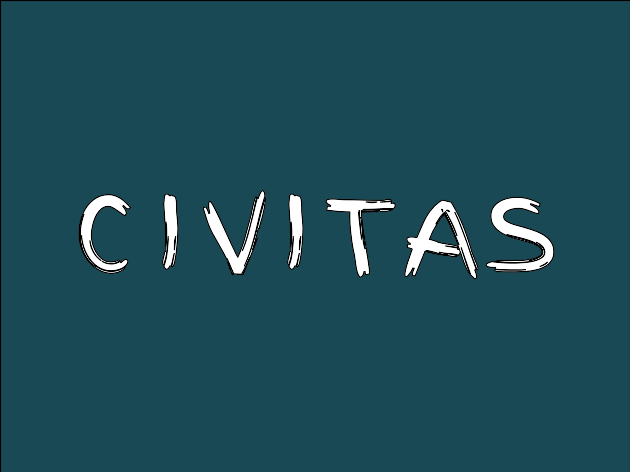What is a Community Product Manager?
After a little over 5 years since I started working at Stack Exchange, I got a new title:

It's more of a Assistant to the Regional Manager situation than a promotion. I'm still a Community Manager, but my title reflects our team's specialization. Some of us focus more on how the community interacts with the product than how people in the community interacts with each other. Those of us who think more about the software now have the word product tacked into our titles.
For the last few years, I've been a liaison between the rest of the community team and a team of developers and designers working on improving software used by our communities. First I was assigned to the Documentation developers and then with a team named DAG. I call into their meetings, provide insight into the way the community operates, report back to other Community Managers with any relevant news and help communicate changes in the software to the people using it. Doing this successfully requires understanding of several different ways of thinking about the worlds.
People who work on social software are closer in spirit to economists and political scientists than they are to people making compilers. They both look like programming, but when you're dealing with groups of people as one of your run-time phenomena, that is an incredibly different practice. In the political realm, we would call these kinds of crises a constitutional crisis. It's what happens when the tension between the individual and the group, and the rights and responsibilities of individuals and groups, gets so serious that something has to be done.—Clay Shirky, "A Group Is Its Own Worst Enemy"
Hiring an actual economist or political scientist (or even an anthropologist) would probably be a good idea, to be honest. For better or worse, Stack Exchange hired me instead. Still, the things I write about often look a little like political science and a little like economics. I still do "digital diplomacy and conflict resolution", of course. It's just I'm focused on how the system itself can help us do that work together with our community.
I sometimes think the job of a Community Manager is to figure out a neat way to explain community management. The goal is clear enough: keep an interrelated group of people (a community) healthy. That can be accomplished by correcting bad behavior, encouraging good behavior, crowd control, attracting new members, cleaning up messes and so on and so forth. And we have a bunch of tools to use. The only catch is we can't do the work alone.
I mean, we could throw piles of cash at the problem to hire tons of moderators who enforce dubious standards. Or we could radically trust our users to moderate themselves. We tread the second path, which makes the job far more complicated and significantly more interesting.
 If you want to talk with me about community
management schedule
a meeting!
If you want to talk with me about community
management schedule
a meeting!
 Jon Quixote
Jon Quixote